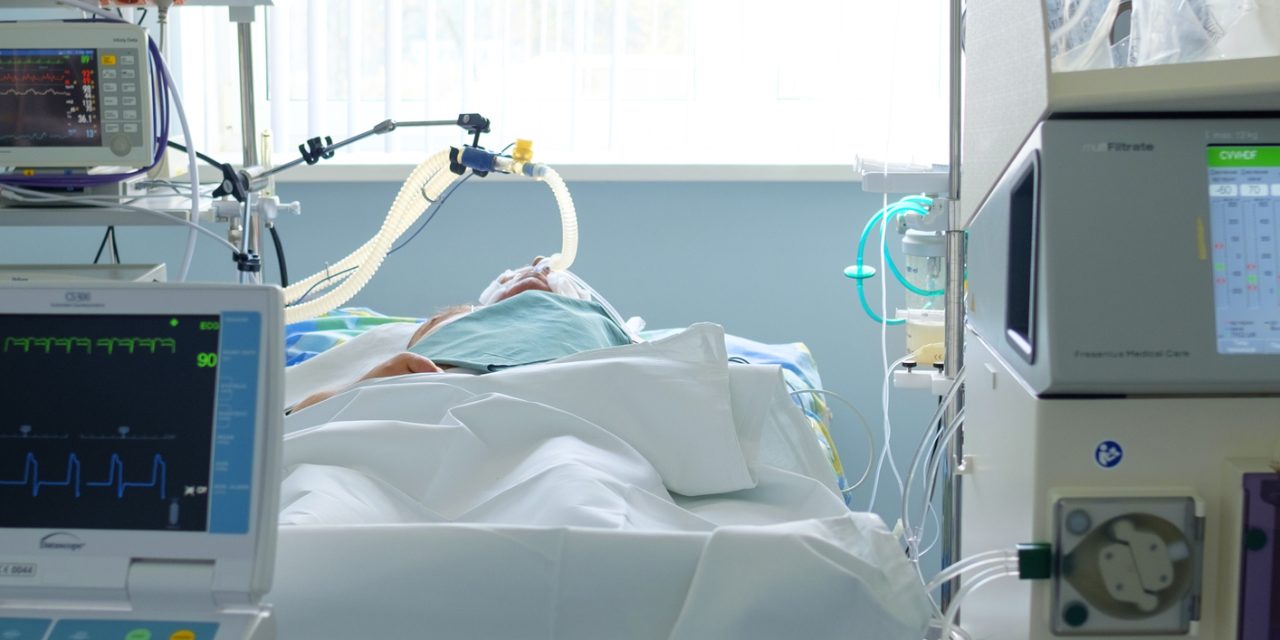The polytrauma clinical triad (PCT), encompassing traumatic brain injury, PTSD, and chronic pain, has been identified as a significant concern in the Military Health System (MHS). Conditions in this triad mutually reinforce one another and can pose a significant challenge to treatment for patients and providers. Polytrauma clinical triad has previously been studied in deployed veterans but remains understudied in the active duty military population. Therefore, this novel study seeks to determine the prevalence of PCT among active duty service members and to identify the subpopulations most at risk for PCT.
This cross-section study used the MHS Data Repository in order to retrospectively review all administrative claim data for active duty service members within the Army, Navy, Air Force, and Marine Corps from fiscal years 2010 to 2015. Specific ICD-9 codes were extracted that correlated with traumatic brain injury, PTSD, and chronic pain to determine the risk of PCT. We used logistic regression to compare individuals presenting with the PCT conditions to those service members without any of the PCT diagnoses codes.
The study identified 2,441,698 active duty service members eligible for inclusion. The prevalence of all three conditions of PCT was 5.99 per 1,000 patients. Patients with PCT were most likely to be 20-29 years old (52.15%), male (89.83%), White (59.07%), married (64.18%), Junior Enlisted (55.27%), and serving in the Army (74.71%).
This study is the first to identify the risk of PCT in the active duty military population. Awareness of the risk and subsequent prompt identification of the triad will enable treatment through an integrated, team approach, which should alleviate potential patient suffering and improve the efficiency of care and readiness of service members.
Published by Oxford University Press on behalf of the Association of Military Surgeons of the United States 2021. This work is written by (a) US Government employee(s) and is in the public domain in the US.
Prevalence of Polytrauma Clinical Triad Among Active Duty Service Members.


